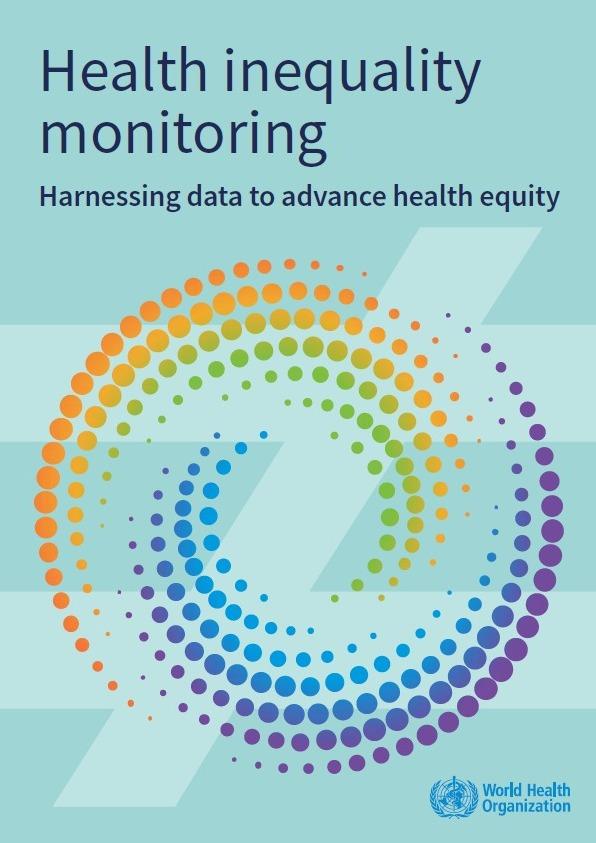This WHO publication equips countries and public health stakeholders with the tools, concepts, and methods necessary to systematically measure and address health inequalities through data-driven approaches.
It is more than a guide, it is a strategic blueprint for using health data as a lever for justice. By centralizing health inequality within public health systems and governance, the book empowers countries to not only identify disparities but to transform them through inclusive, equity-focused action. It reinforces the idea that measuring health disparities is a moral and political act, one essential for achieving universal health coverage and the SDGs.
Key Themes
Foundation and Evolution: Synthesizes decades of global experience in health inequality monitoring and expands on foundational concepts like disaggregation, equity metrics, and social determinants.
Applied Monitoring Tools: Offers step-by-step technical guidance across data preparation, visualization, summary measures, interpretation, and equity-oriented decision-making.
Contextual Relevance: Addresses inequality monitoring across diverse settings—emergencies, migrant populations, low-resource contexts, and urban/rural divides.
Emerging Frontiers: Includes sections on climate change, urbanization, intersectionality, and ethical surveillance, reinforcing equity in evolving health landscapes.
Policy and Systems Integration: Advocates embedding monitoring into national health information systems and linking evidence to policy and multisectoral action.





